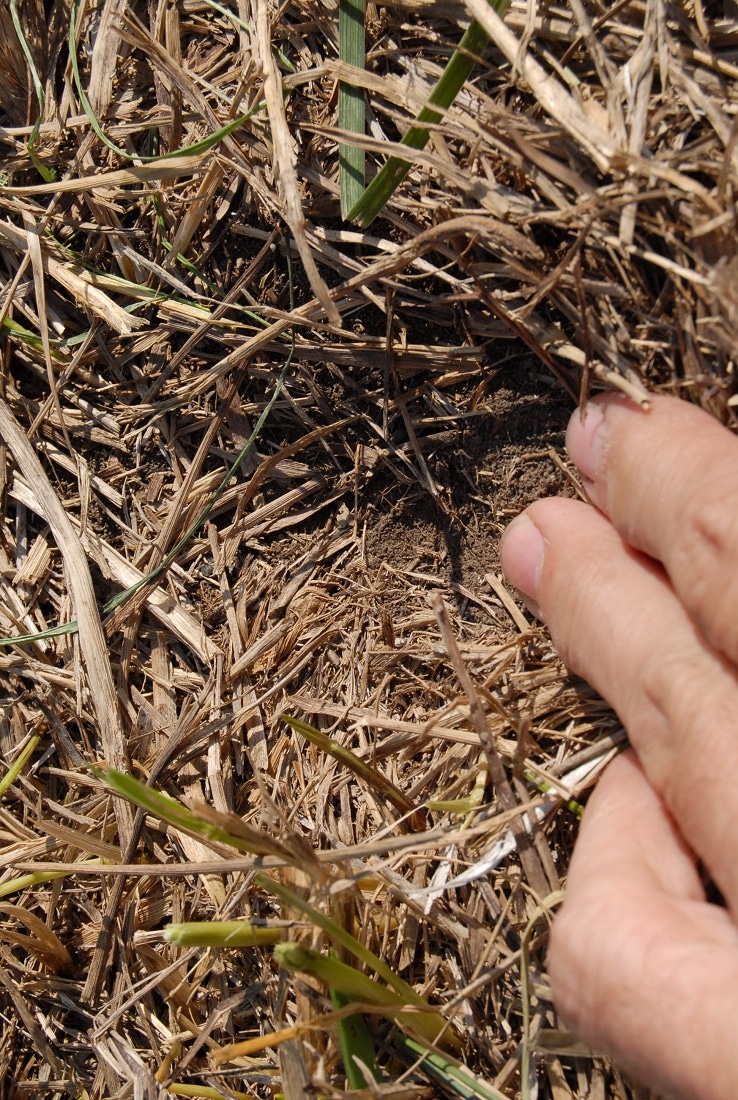
A few weeks back, the Noble Research Institute at Ardmore, Oklahoma, announced it is working with partners to develop a soil health marketplace, but it didn't tell us much about the hows.
To learn more I contacted this Oklahoma-based foundation and asked some questions about how the soil health marketplace is going to work. What I learned is the group and its cooperators are actually still in the building and planning process. Its initial announcement about intent was as much a call for industry partners as for anything else. Certainly, there is no money to be had yet by producers.
However, the story about what the group is trying to do bears explanation. This new initiative by the Noble Foundation is trying to bring together key players to solve real environmental problems. One side is agriculturists who now have the knowledge available to increase soil carbon, improve water infiltration and improve water quality. The other side could be a wide range of players, but might include cities facing flooding from farming watersheds, states or regions suing one another over farm- or livestock-based waterborne nutrient excesses, or product purveyors wanting to sell products with an positive environmental story to tell.
Compared with the ill-fated Chicago Climate Exchange, which was really little better than a slush fund in which so-called "polluters" could pay for their carbon sins by rewarding farmers and others who actually used management practices that sequestered carbon. The entire thing was centered on the globalist scheme of global-warming-now-climate-change and the idea aerial carbon must be reduced and put into some sort of "carbon sink," such as forests and grasslands. Indeed, more than one report has shown the scheme was rife with corruption.
The good news is that the science measuring agriculture's impact on soil carbon has grown and improved in recent years, as has the research on what methods of farming and grazing can truly increase organic matter and soil carbon levels.
The teams in this project are working on three areas, says Debbie Reed, a consultant who has been working with the Noble Research Institute on this project. Reed is executive director of the Coalition on Agricultural Greenhouse Gases. Noble has been working with its large agricultural clientele about how to engage farmers and ranchers. Reed has been working on how to create tradeable assets, and protocols and methods to get that done. Another group is working on how to engage the buyers' side, what data they will want and what and how they might pay.
The plan is to have the actual marketplace up and trading within 18 months, but Reed thinks they might get that done sooner.
Another thing sounds promising in these early stages: Reed says innovators and early adopters of regenerative agricultural processes are to be rewarded first, as they deserve to be, but also because they will be key players in convincing other agriculturists to move in this direction.
About the Author(s)
You May Also Like




